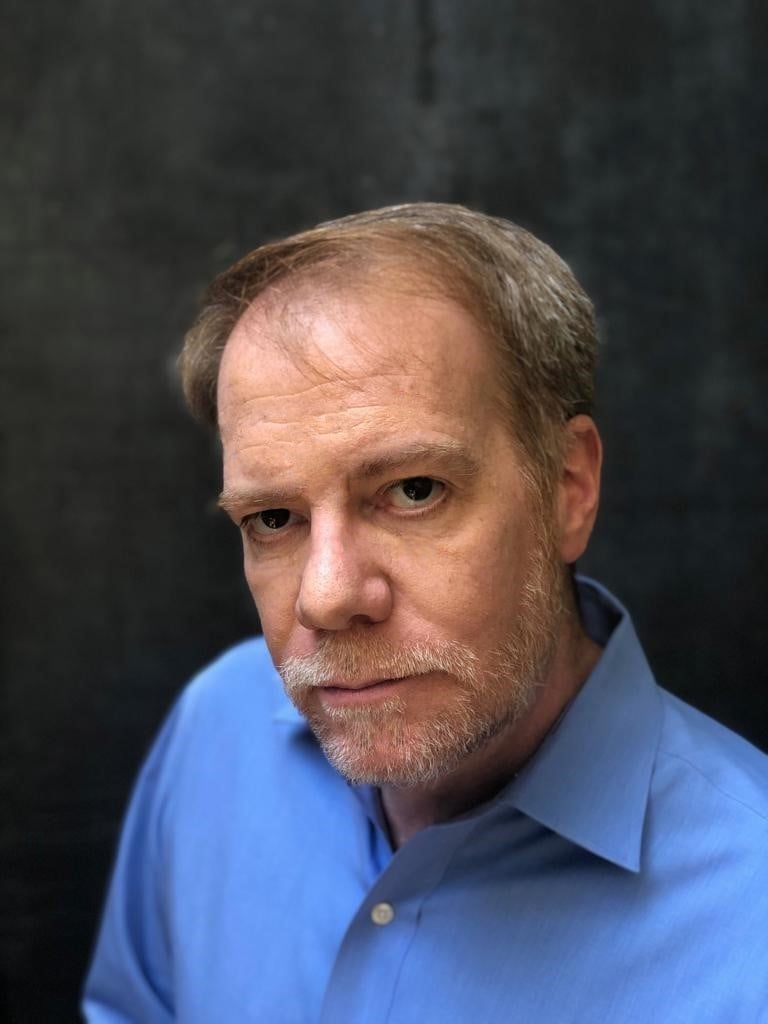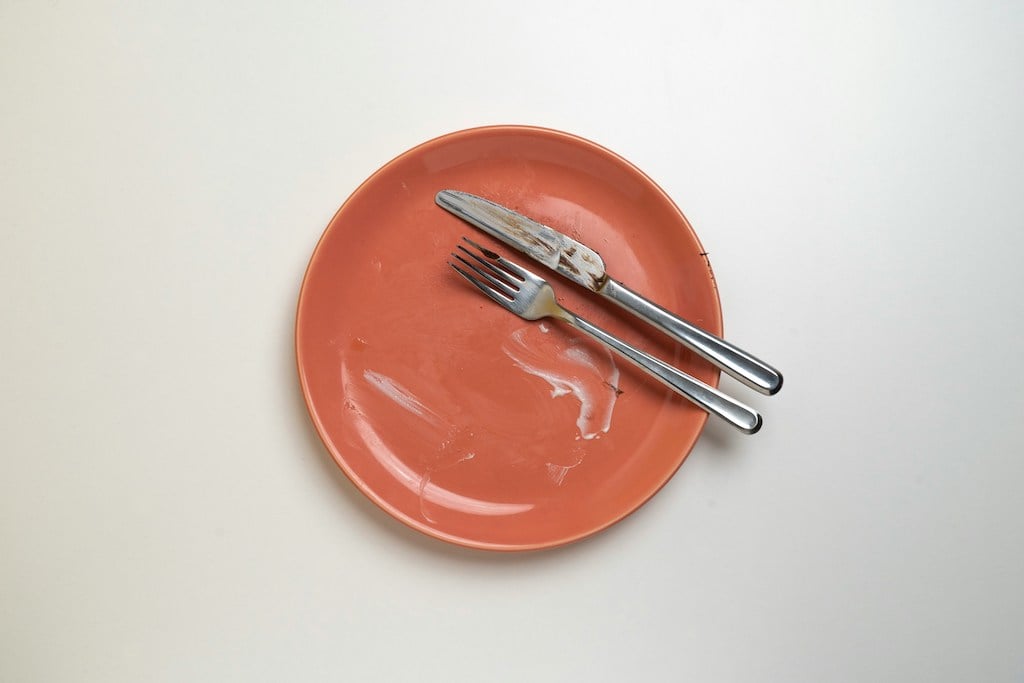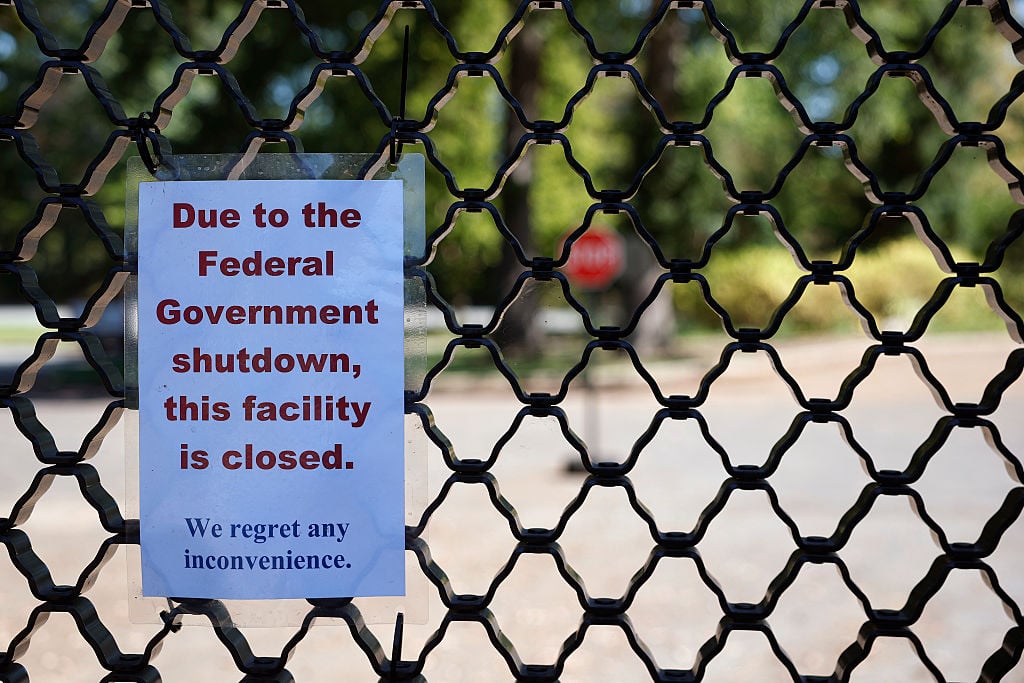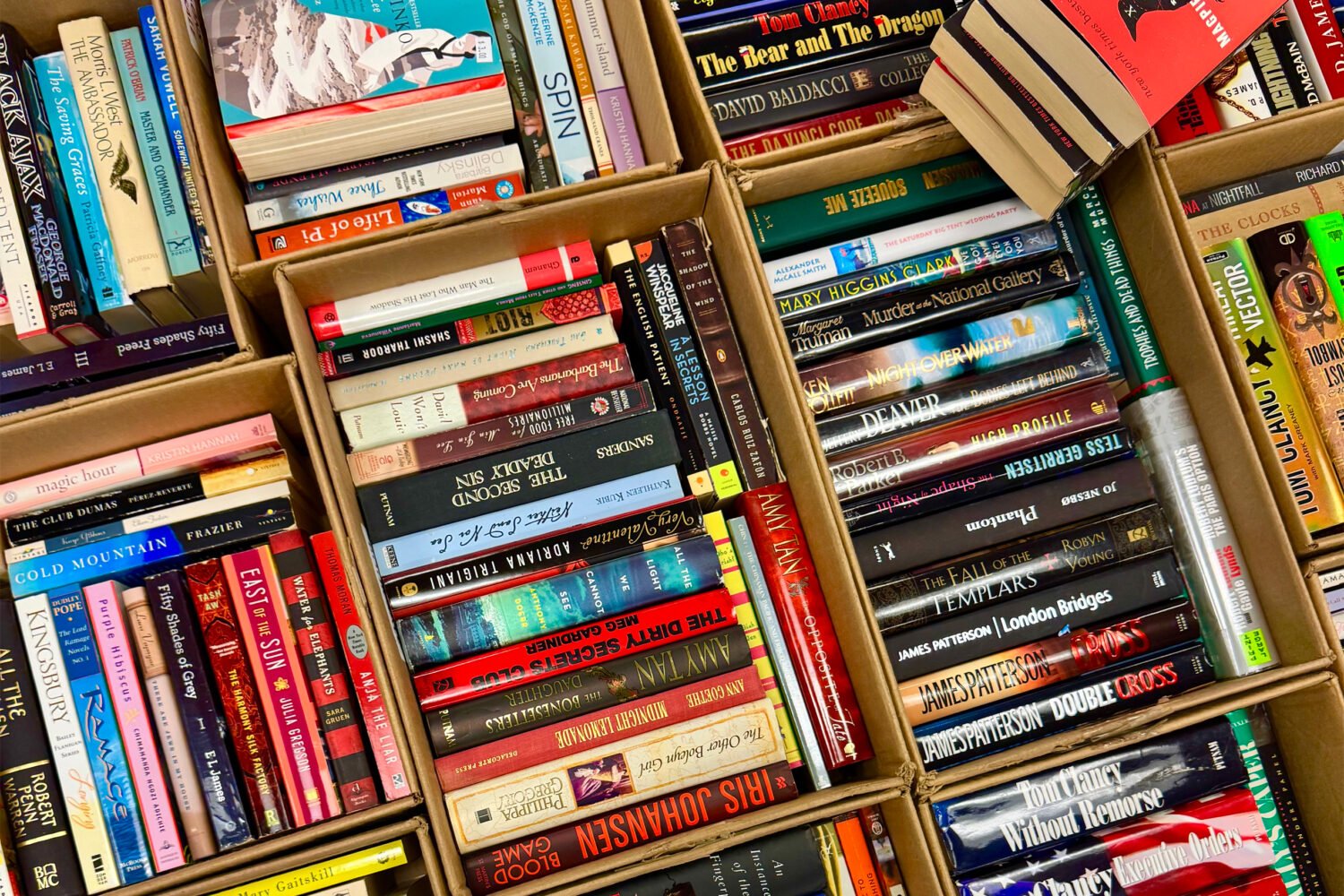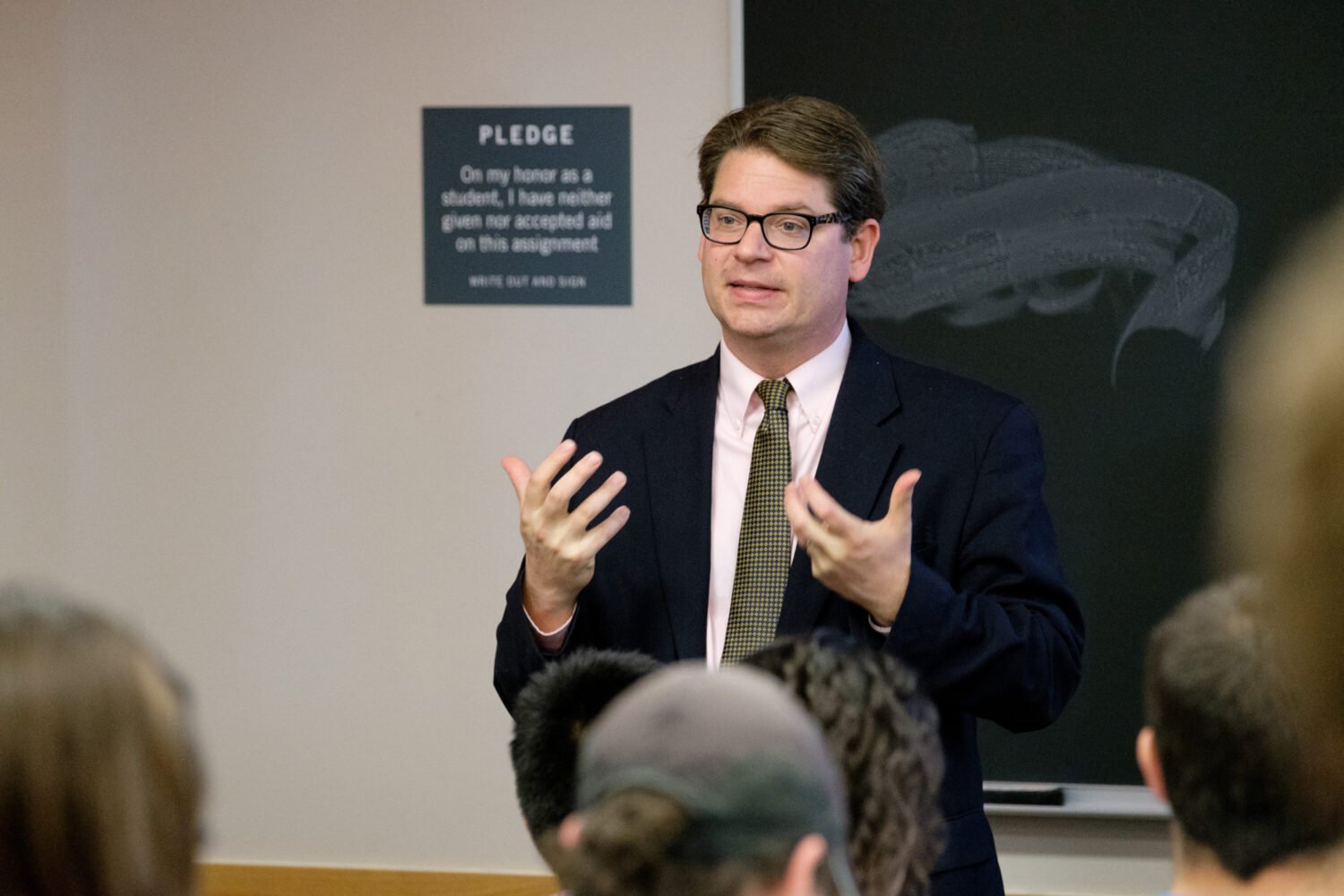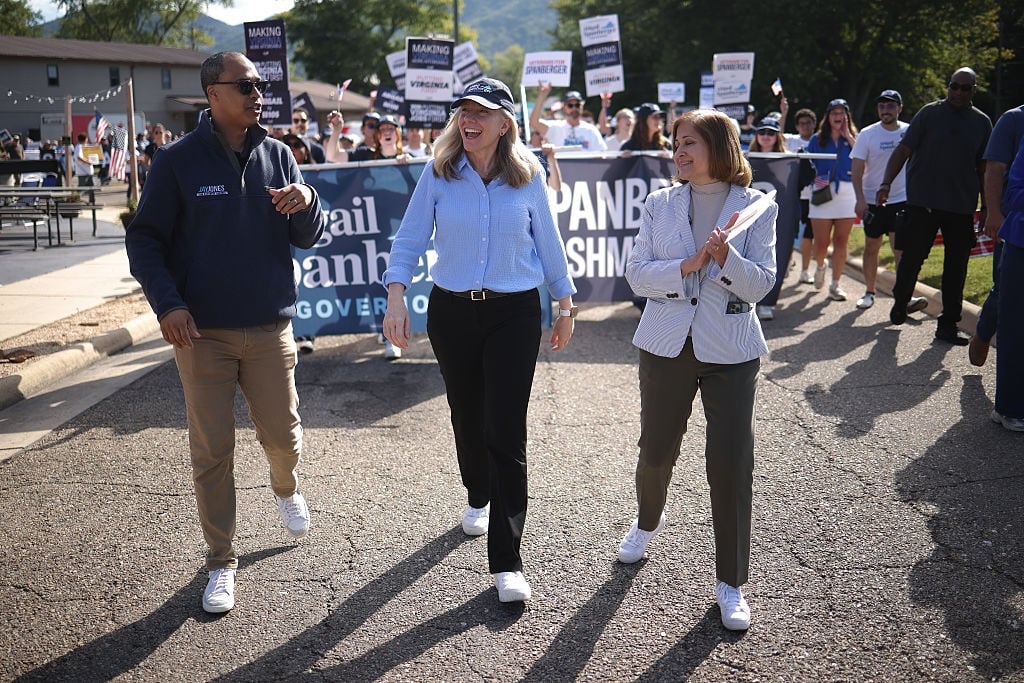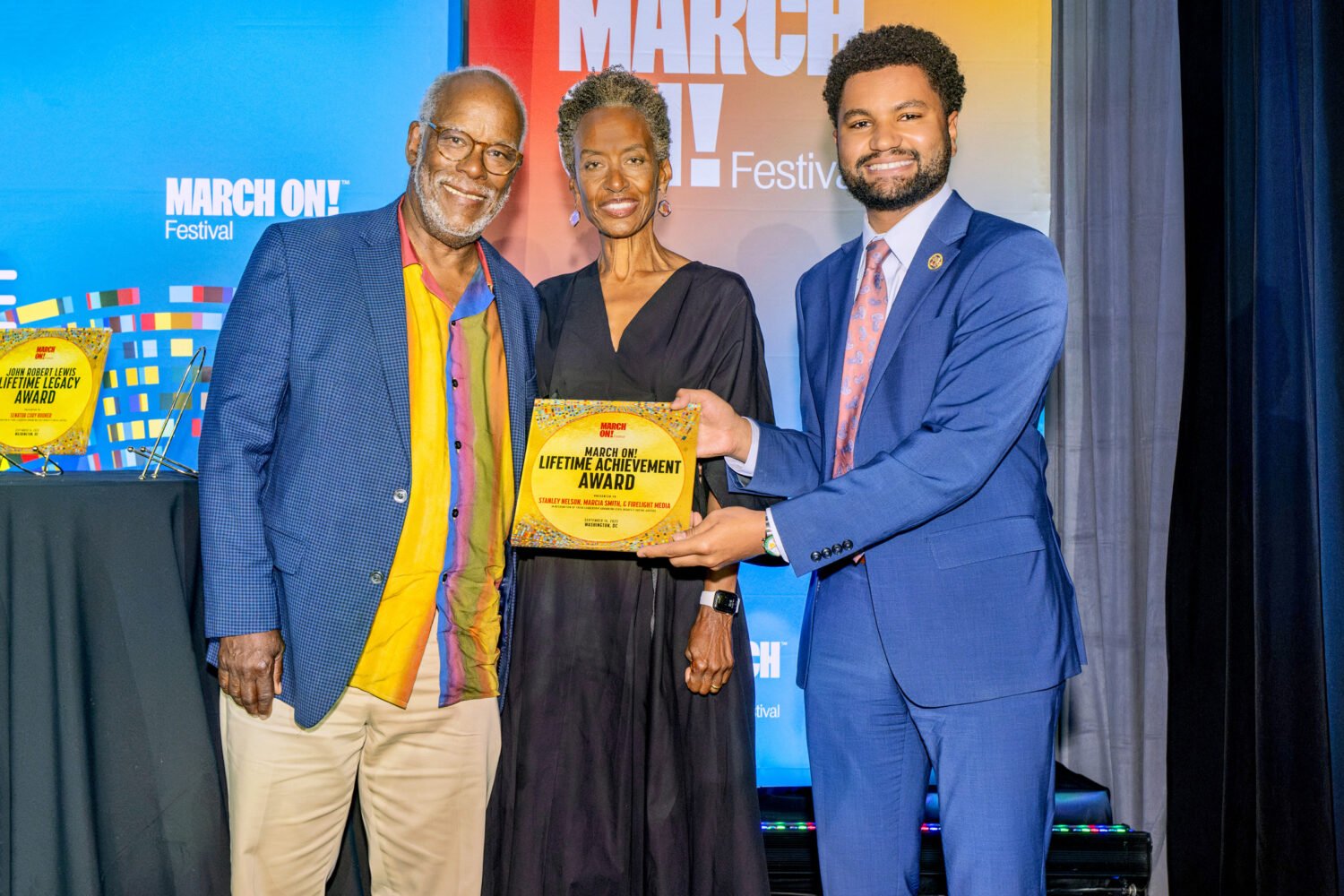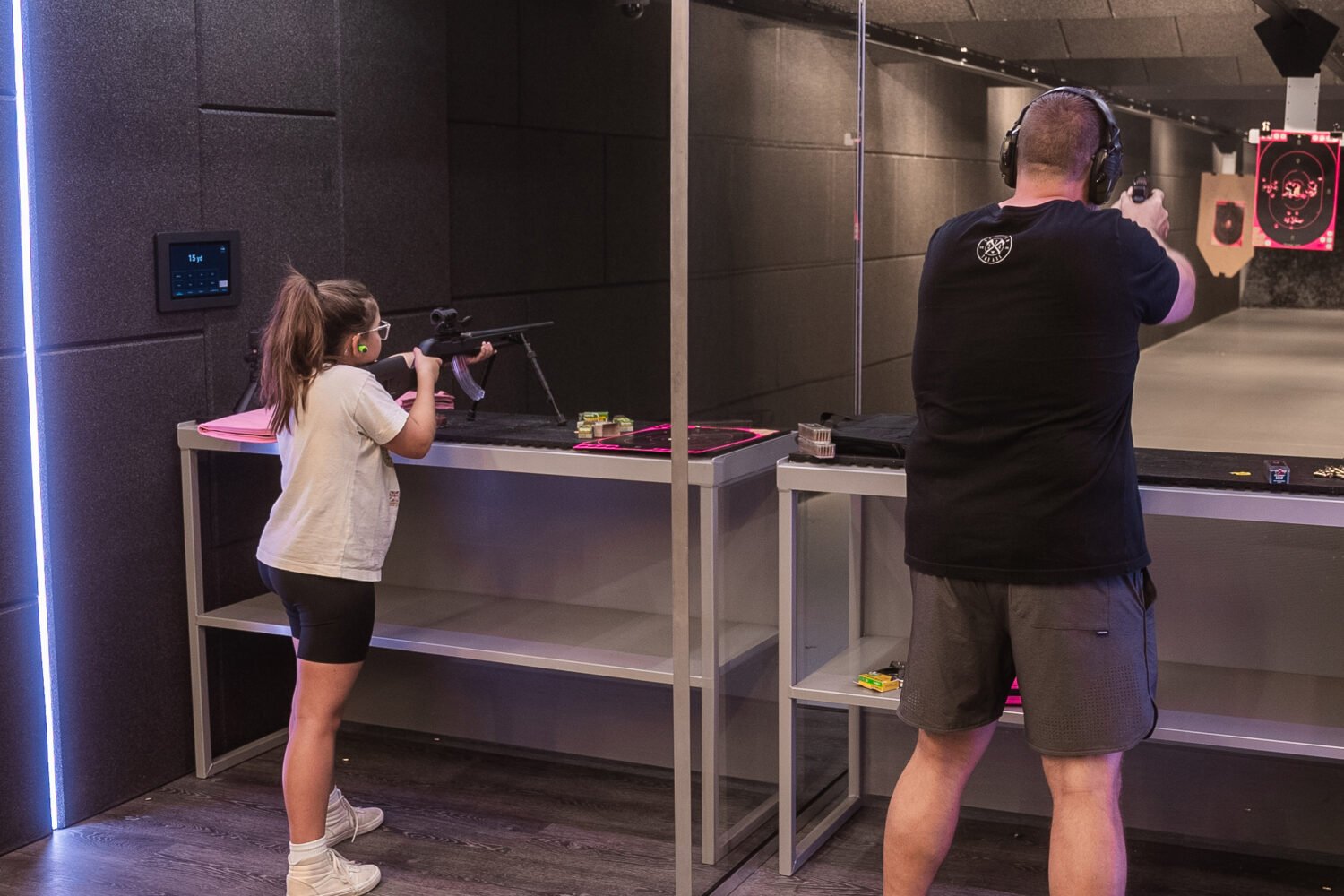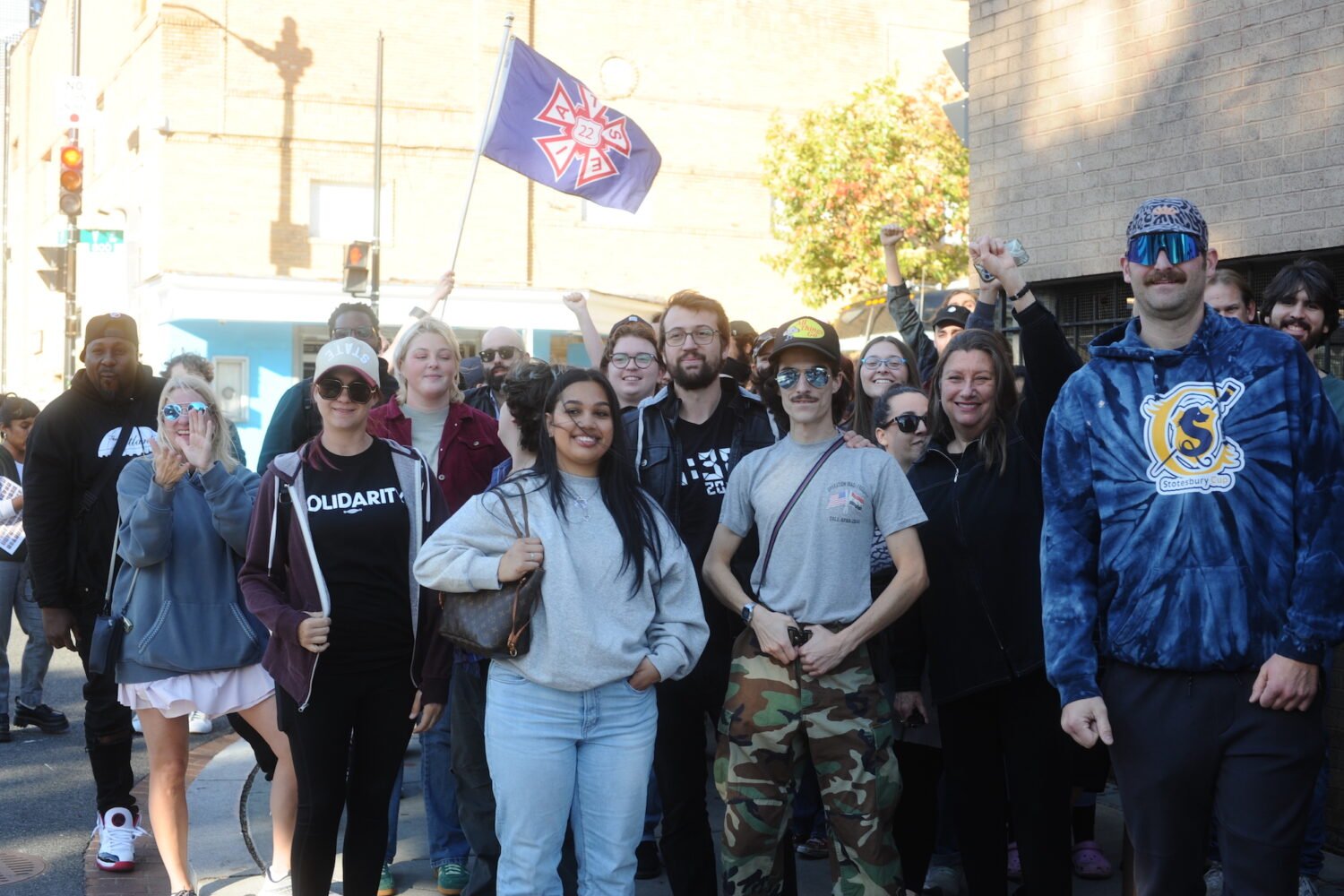In 2012, Washington Post art and architecture critic Philip Kennicott stood by his mother’s side as she died. While he and his family mourned, Kennicott found himself called back to the piano—an instrument that loomed over his tumultuous childhood as much as his mother once had. Seeking a challenge that might help process his grief, Kennicott took up Bach’s supremely difficult Goldberg Variations. In his new memoir, Counterpoint, Kennicott recounts effort to come to terms with the death of a loved one and a work of music of bottomless complexity.
This is such a vivid diary of the torment of being a teenaged musician—the dread of performing, the shame of practicing. Was that the book you originally had in mind?
I may not have intended it exactly, but it happened pretty quickly in the process. We often read memoirs by people who are successful at something. There’s no shortage of memoirs by actually good musicians. They describe these torments in a way that inevitably leads to their overcoming them. What I realized is that probably a vastly greater number of people suffer these torments and never really overcome them. There are a lot of amateur musicians, lots of people who give up on playing an instrument after a while, and in a way I was trying to grapple with those feelings myself: how to make peace with this instrument that I love so much and that I know I’m never going to master in the way that the musicians I admire have mastered.
So I wanted to get at some of that internal psychological drama that music puts us through. It forces us into this continuous relationship with perfectionism. Having something in your life that you love and is constantly telling you you’re inadequate is really deeply painful, unless you can come to an accommodation with it.
Did you reach that accommodation? Or did the Variations at least change your relationship with the piano?
I think that it’s healthier, but only because I came to the acceptance that it’s always going to hurt. Sitting down at the piano is often said to be a pleasure. People talk about the relaxation of playing music and how much joy it brings them. For me, that’s not really the case. It’s more like an addiction. I sort of came to accept that I’m always going to be addicted to this thing.
You write that you don’t love music, which I find sort of stunning.
It really has to do with what we mean by the word “love.” I don’t love it in that same sense that people commonly use the word love to be a synonym for something that just brings us pleasure, that just gives us delight in the world. It’s a darker form of love. All of this is true for people: There are people in the world who we love, but it’s such a different set of feelings than what you would see on a Hallmark card that you almost don’t want to use the word love.
When you have a really deep connection to something like music, it’s very different from the sort of pleasure that things like entertainment give us. It involves a loss of wanting—desiring something that you’re never going to get. It forces you to realize that there’s no satiation at the end of it. You’re always going to be hungry.
The complex feelings that can’t be captured on a Hallmark card—that seems pretty safely to describe your mother, who plays a big role in the book.
I initially had a question that I wanted to focus on, and that was: What does it mean to know a piece of music? I [write] about levels of memory and knowledge, how there always seems to be a level deeper than the one you have. And often that deeper level is inaccessible to us. The more I began writing that way about music, the more I realized there were these analogies to complex relationships with people.
I had a very complicated and difficult relationship with my mother. I found myself almost researching my mother in the same way that I would research a subject, like the life of Bach or the music of Bach. I felt myself having to go to other people to get the dates, to get anecdotes straight, to flesh out my memories, which in some ways I think I had suppressed.
And I found what I was doing was actually constructing her. I was putting together every data point I could pull up out of my memory, and in many cases observations that I had to extrapolate to get a sense of who she actually was. And this is when I’m in my fifties! And it struck me as odd and sad—but in the end necessary—that I was kind of making her a research project.
Your mother hit you, pulled your hair, screamed at you. How do you consider all of that now? Do you think of her as abusive?
That was one of the few questions that I actually did anticipate. I have thought about it a lot, and my answer seems inadequate to me. And that is, I don’t want to use the word “abusive.” In part because I grew up in a house that was prosperous, I had food and clothing and piano lessons and an education. And it seems to me that the word “abuse” applies to something that’s different, that’s harder, stronger, more destructive than the unhappiness that my mother spread around her.
So I try to avoid the word, while being specific about what my family experienced. [She was] someone who was unaccountably angry very often, and unable—even though she had the resources—to make many changes in her life.
I’m wondering now whether you trying to reclaim the piano was a way to respond to your mother being unable to change things. She gave up the violin and seemed to hate herself for it.
I think there’s a lot of truth in that. One of the things that I noticed after she died was how the death of a parent forces you to do what feels, at the moment, like the last stages of really growing up. And part of growing up is differentiating ourselves from our parents. Because we carry within us so much of who they are.
There’s a famous Philip Larkin poem: “They fuck you up, your mum and dad / They may not mean to, but they do / They fill you with the faults they had / And add some extra, just for you.” In a way, mourning forces us to think about the “add some extra just for you.” How are we different from our parents? And I realized in the process of writing the book that I’m very, very similar to my mother, except that I have the ability to step back from some of those anxieties and feelings of sadness and put brackets around them, and get on with life. And in a way, just knowing that was one of the few but actually valuable things that came out of the process of thinking about her life, and her death.
You write, “When I started to learning the Goldbergs I set about to change not just my playing, but myself.” Did you?
I think I’ve made progress towards a few things that I really wanted to change—foremost among them the the discipline to really focus, to not just sit down and put one’s fingers on the keys and make some sounds but to try and use time efficiently and set a problem and attack it. I am better at that.
I don’t know how much progress I’ve made on the character flaw, which was deeply related to my musicianship, that is the desire to want to be the star of the show for a minute at the piano, to use the piano as a means of bonding with other people. I feel like there’s a narcissistic element of that that I want to resist. I’m a little more careful about playing for people because of that. Now I don’t want to play for people when I know that it’s going to come out as a big, sloppy mess of wrong notes.
I was just going to ask about the stage fright. Did you conquer some of that?
No. No.
I was really hoping you’d say yes. For the sake of amateurs everywhere.
No. I don’t think so. It’s possible in the next few months as the book comes out that I may try and demonstrate things at the keyboard. Then I guess I’ll have an answer, if I can do it or not. I can do it at home for my partner and for friends. But as soon as I sense an audience that is not deeply familiar to me, I get terribly, terribly nervous and forget things that I was confident I knew.
That can be, in a way, a good part of a process to making music more secure. There’s nothing that reveals what isn’t fully there [better] than playing for somebody and seeing where things fall apart. Maybe if I do it a few times, maybe if I have the courage to actually go out and mess up in front of people and then take that knowledge back and apply it to the music and unlearn and relearn the things that fell apart, who knows, maybe I’ll get to a point where some of the Variations are constant enough that I don’t feel that absolute raw terror. But I doubt it.
Do you have any advice for people in your situation? Amateurs who were traumatized in their teenage years, gave up, and are considering whether to come back to the instrument?
I think it’s simply a matter of throwing yourself off the perch into the water. It is not going to be easy or fun until you begin to get the first threads of what the music is doing. There’s an accretion of knowledge that happens at a level that will be slow for people like me, as an amateur pianist—so slow that you’re not even aware that it’s coming together. And then suddenly you sit down and realize, Oh, I actually know it better than I thought I did.
It’s just working, plodding through that opening process of confusion for long enough. After 20 minutes, you stand up and think you haven’t learned anything. Try not to worry about that. You probably have learned something.
A version of this article appears in the February 2020 issue of Washingtonian.

